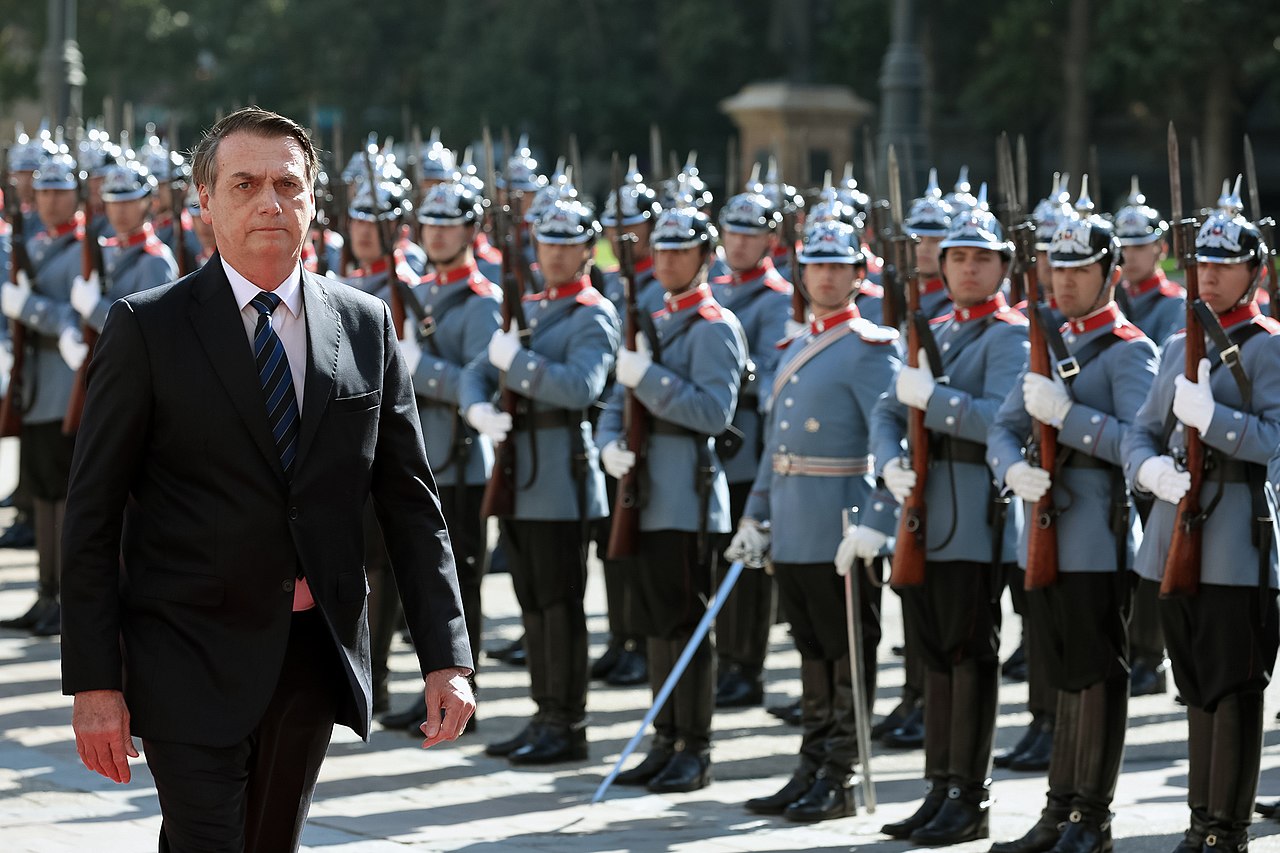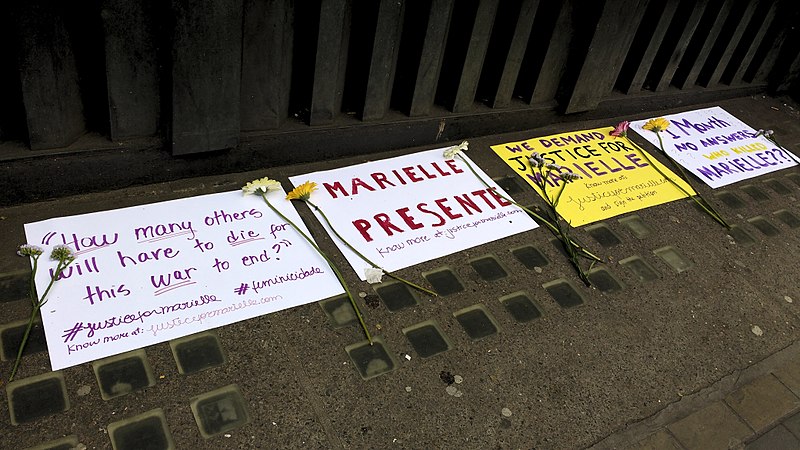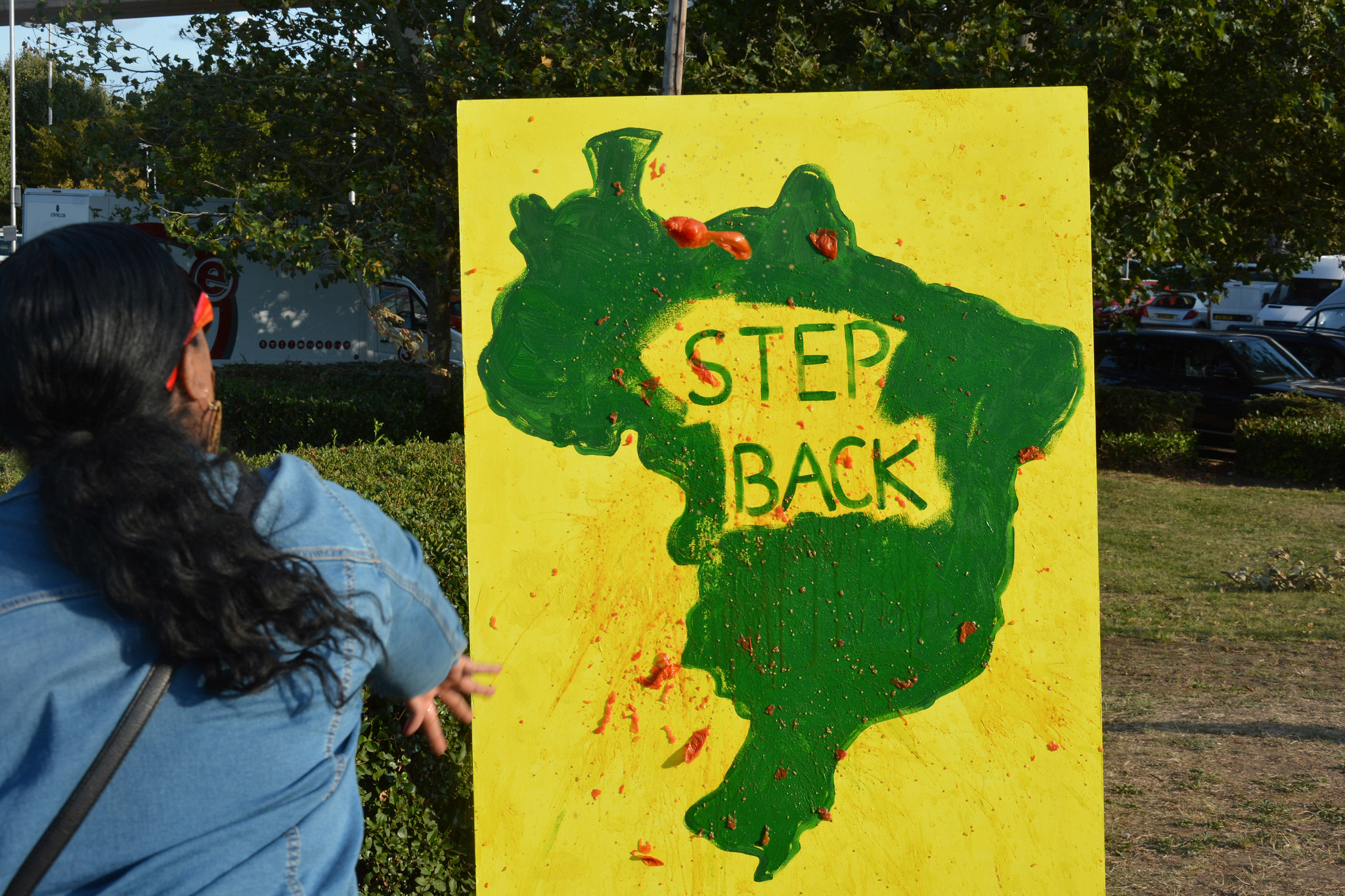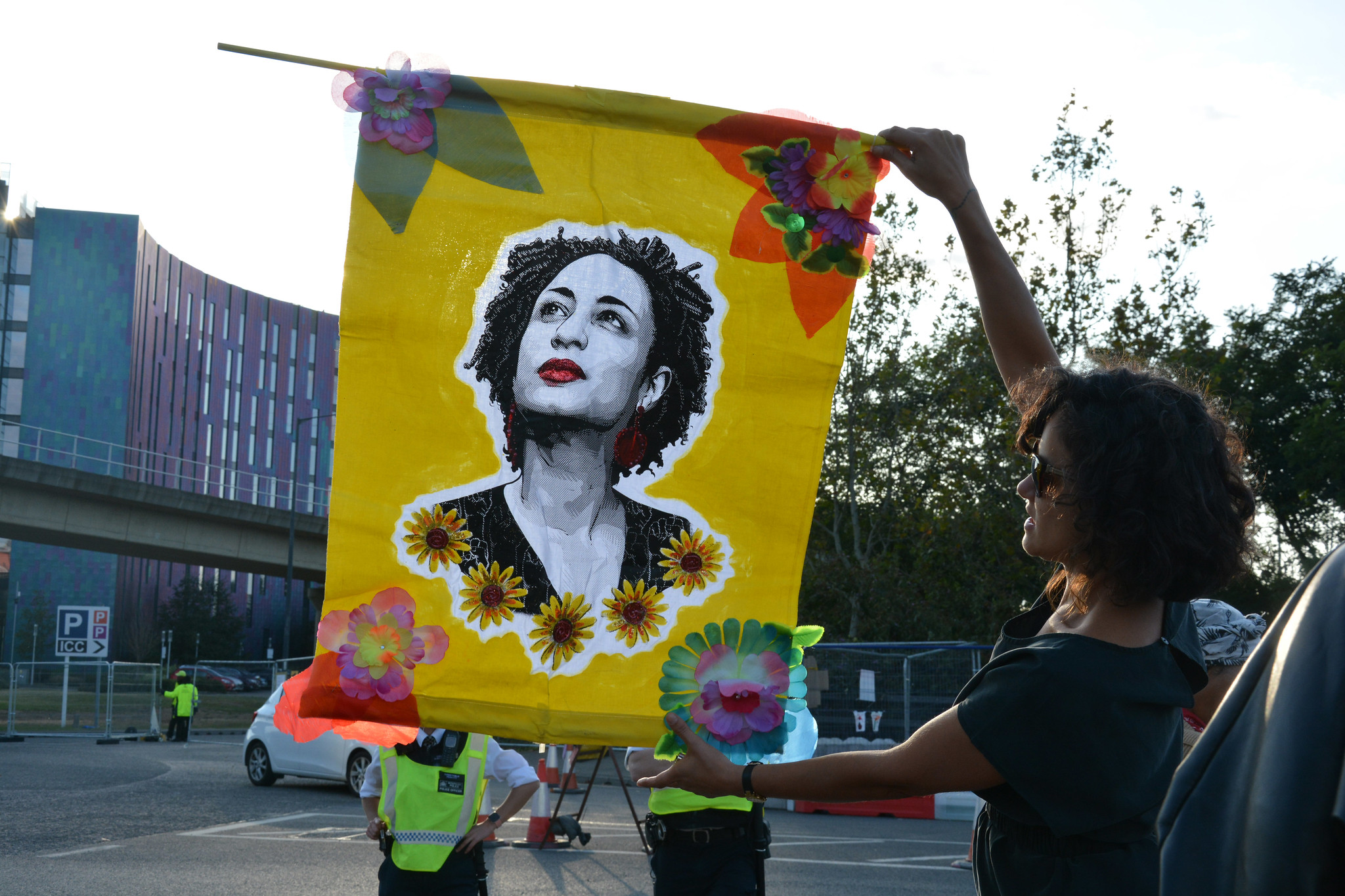Introduction
Brazil was under direct military rule until 1985, when it started gradually moving towards a democratic government. President ‘Lula’ da Silva of the left-wing Worker’s Party, once fiercely opposed by the military, was elected in 2002.
In January 2018, far-right President Jair Bolsonaro was elected – a fascist who is openly sexist, homophobic and racist. He has talked about his hatred for Brazilians of African descent and indigenous Brazilians, and promised to “cleanse” Brazil of people with opposing, left-wing politics. In the 2022 presidential election, Bolsonaro was defeated by former President Lula, who took office in January 2023. Bolsonaro and his fascist movement remain major political players in Brazil.
Bolsonaro spoke proudly of Brazil’s brutal military dictatorship of the past, which saw thousands tortured and murdered, saying they did not go far enough, and promising to further militarise the police. The police and army inflict violence on Brazil’s poor communities and people of colour, especially in the barrios of Rio de Janeiro, killing hundreds of people every year. Police killings increased to record levels in 2019.
Brazil’s indigenous people were already facing violence because of illegal logging and gold mining in the Amazon, as well as by Government security forces. Police violence and attacks on indigenous people worsened under Bolsonaro’s rule, while deforestation increased and legal protections against mining in the Amazon were stripped. The new administration of President Lula has, however, started to reverse many of Bolsonaro’s policies, leading to greatly reduced deforestation, and stronger efforts to protect indigenous people.







